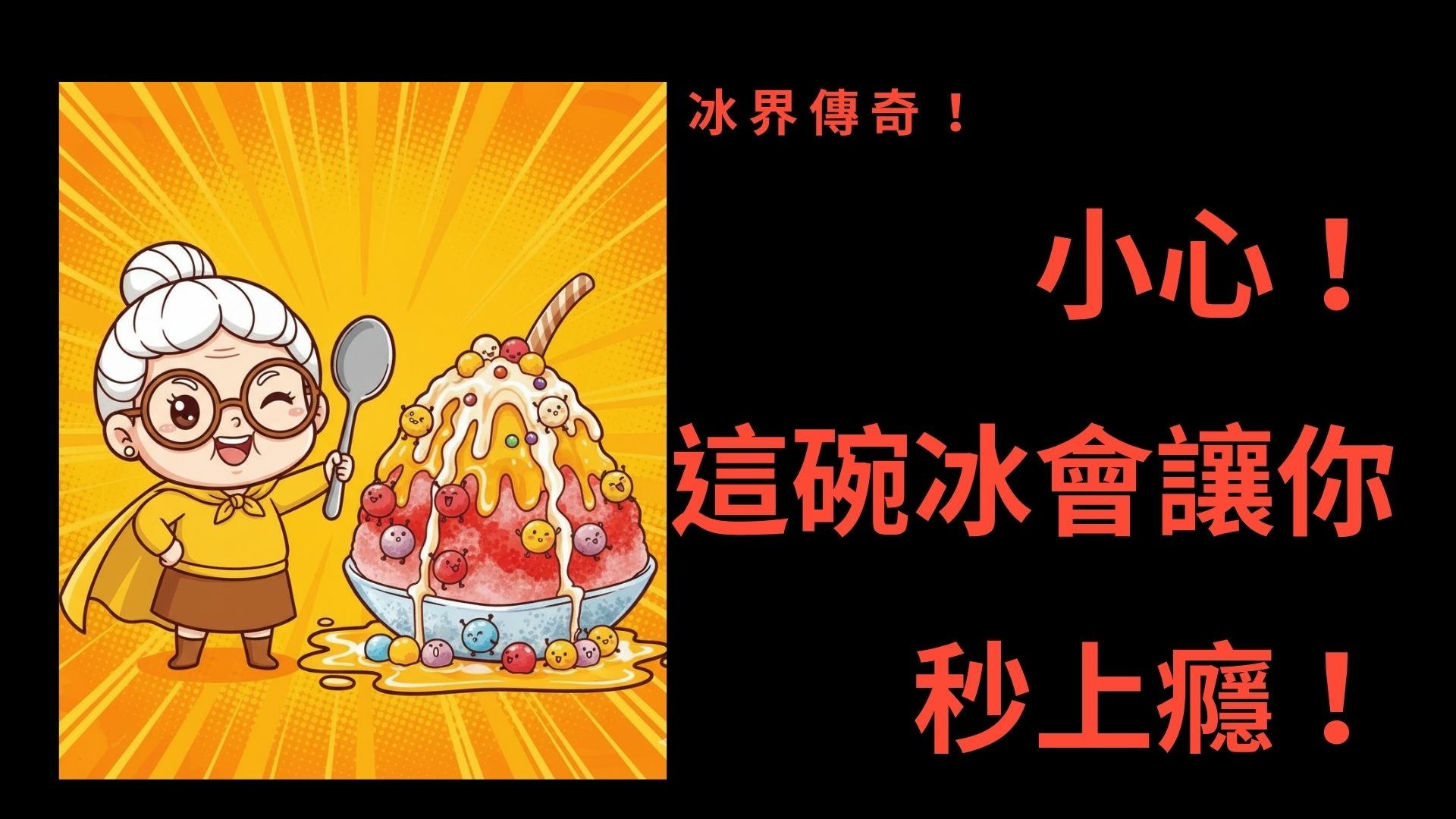
2010/03/05 22:16
吃維他命補充營養,小心吃了老半天卻沒有效果,很多人不知道,水溶性維他命不只怕水,更怕熱,買回家的維他命B或C,如果開了之後,七天就會受潮, 讓營養通通流失,這項美國普渡大學的研究,國內的營養師認為可以當做參考,不過維他命只要保存得好,就算放超過七天,也不至於不能吃。
一罐 維他命C,可以吃幾天?像是這一罐,一共六十片,每天吃一錠,至少也要兩個月才吃得完,問題是,美國普渡大學的研究卻告訴大家,這種水溶性維他命,壽命只 有七天,每一次開開關關,維他命都會受潮,接觸到空氣,營養成分就會一次一次少一點,真的嗎?的確是真的,維他命真的很怕水,因為水溶性的維他命B群和維 他命C,開罐之後七天,可能會受潮,產生褐色斑點,罐子也會吸收濕氣,這時候養分至少已經流失了一半,維他命不只怕水,更怕熱,只要遇到陽光,就會破壞裡 面的生物活性,讓營養素流失,所以啦,菜市場的蔬菜水果,沒有冷凍,就放在戶外這樣曬,如果買回家沒有馬上放進冰箱,營養照樣跑光光。老闆和太太,大家的 觀念可能要改一改,蔬菜立刻冷凍,反而更能保住營養不流失,但是最聰明的要像這個小弟弟,摘下來直接吃,營養絕對滿分。
(資料來源:Yahoo news-華視新聞 http://tw.news.yahoo.com/article/url/d/a/100305/69/21jbm.html )
-------------------------------------------------------------------------------------------------------------------------------------------------
你吞的是維他命? 研究:開封一週後即無效
2010/03/05 19:14
(中央社台北5日電)
專家說,受到環境濕氣影響,放在廚櫃的維他命補充品,可能在一個星期內就失效。
英國「每日郵報」網路版 (Mail Online)報導,即使放進有蓋瓶罐裡,還是無法阻止這些維他命變質。
食品科學家發現,包括維他命C、部分的維他命B與其他膳食補充劑在內的結晶物質,容易歷經一種無法復原的過程,即潮解。
這意味著,在廚房與浴室這種溼度高的地方,重要營養物質可輕易的溶解,散逸至空氣中。
美國印第安納州(Indiana)普度大學(PurdueUniversity)助理教授莫爾(Lisa Mauer)建議將粉末狀補充品存放在極度乾燥的地方。
她說:「你可能看過鹽巴或糖開始結塊,這就是潮解的跡象。」
莫爾表 示,潮解會造成產品中的化學不穩性。她又說:「如果成分分解了,產品品質與保存期限會降低,營養程度也會跟著下降。」
有蓋瓶罐也不一定能阻 止產品變質。
莫爾說:「打開和關閉包裝盒會改變內部空氣。如果你在浴室開閉包裝盒,每次就會跑進一點濕氣與水氣。」
存放環境 與產品配方皆會影響潮解程度。在短時間內,一個星期,某些產品的維他命C就會完全失效。
莫爾將這項研究成果發表於「農業與食品化學期 刊」(Journal of Agricultural and Food Chemistry)。她表示,如果容器中有水分,或是膠囊出現褐色斑點,那就表示補充品變質了。
她指出:「這樣的補充品不一定不安全,但 如果產品沒有你想攝取的維他命,又何必吃呢?」
(譯者:中央社張曉雯)
(資料來源:Yahoo news-中央社 http://tw.news.yahoo.com/article/url/d/a/100305/5/21j0r.html )
-------------------------------------------------------------------------------------------------------------------------------------------
J Agric Food Chem. 2010 Feb 17
Influence of Simultaneous Variations in Temperature and Relative Humidity on Chemical Stability of Two Vitamin C Forms and Implications for Shelf Life Models.
Hiatt AN, Taylor LS, Mauer LJ.
Department of Food Science, Purdue University, 745 Agriculture Mall Drive, West Lafayette, Indiana 47907.
Vitamin C powder ingredients are popular food fortificants and are among the most commonly added nutrients. While information on degradation kinetics and shelf life of vitamin C exists, current models are limited in their applicability to systems where relative humidity (RH) and temperature are varied simultaneously, and where phase transformations occur. This study monitored stability of two forms of vitamin C (sodium ascorbate and ascorbic acid) under various RH and temperature conditions. Vitamin C was measured colorimetrically, and stability data were used to improve understanding of vitamin C shelf life when deliquescence occurs during storage. RH and temperature both significantly impacted vitamin stability, though RH had a larger effect. Vitamin dissolution preceded extensive degradation and was found to be a good predictor of vitamin C loss. This research highlights the importance of considering phase transformations when constructing shelf life models and maintaining vitamin C in the solid state for enhanced stability.
(資料來源:PubMed http://www.ncbi.nlm.nih.gov/pubmed/20163110)
 留言列表
留言列表


